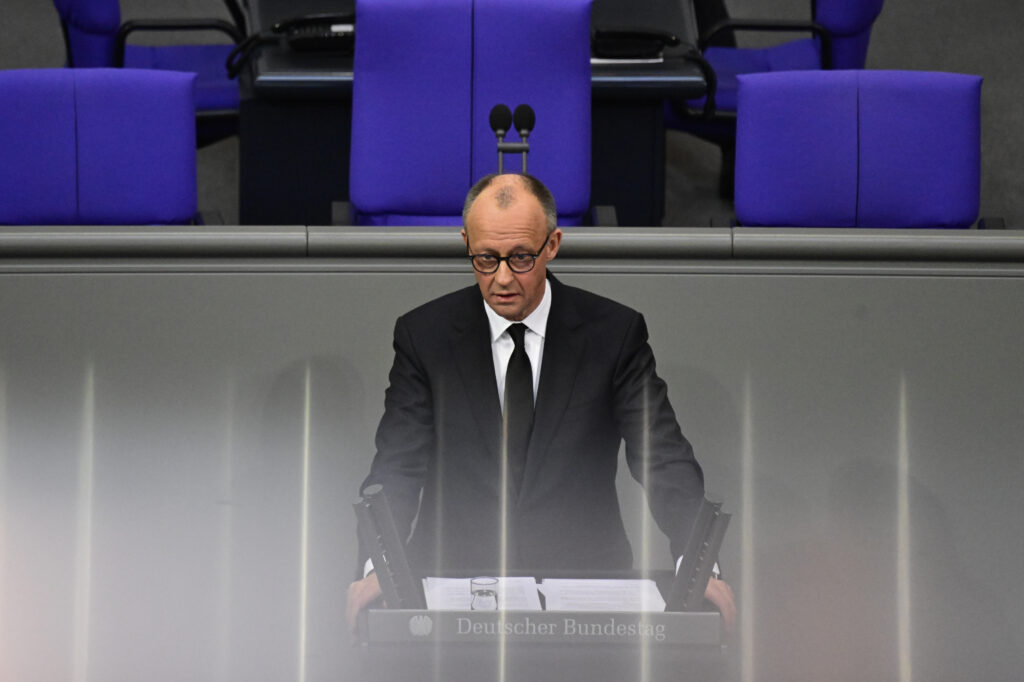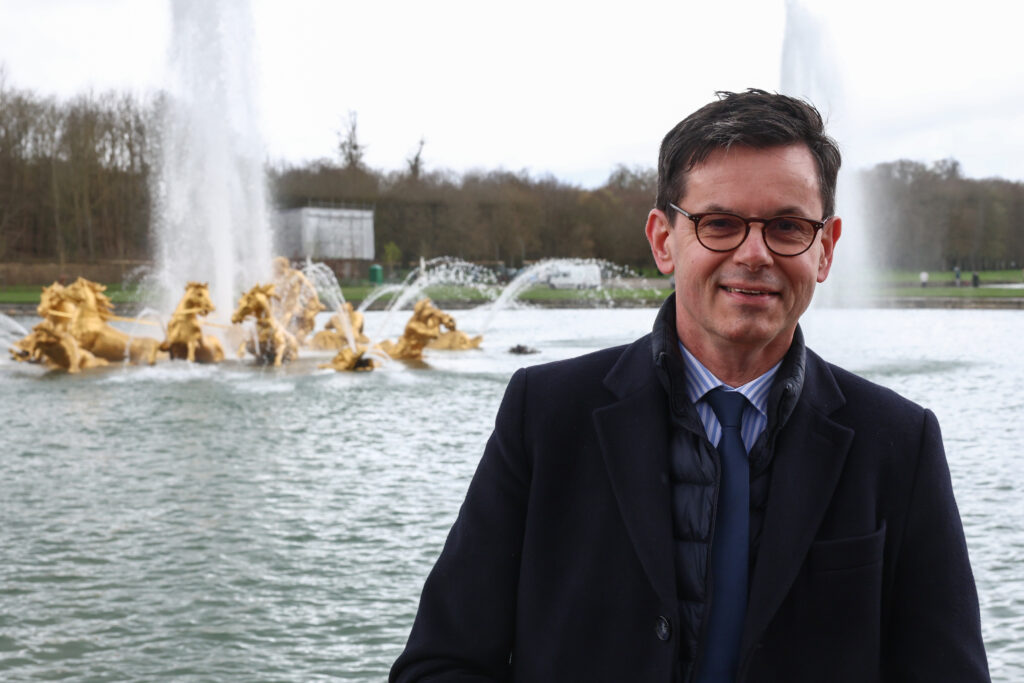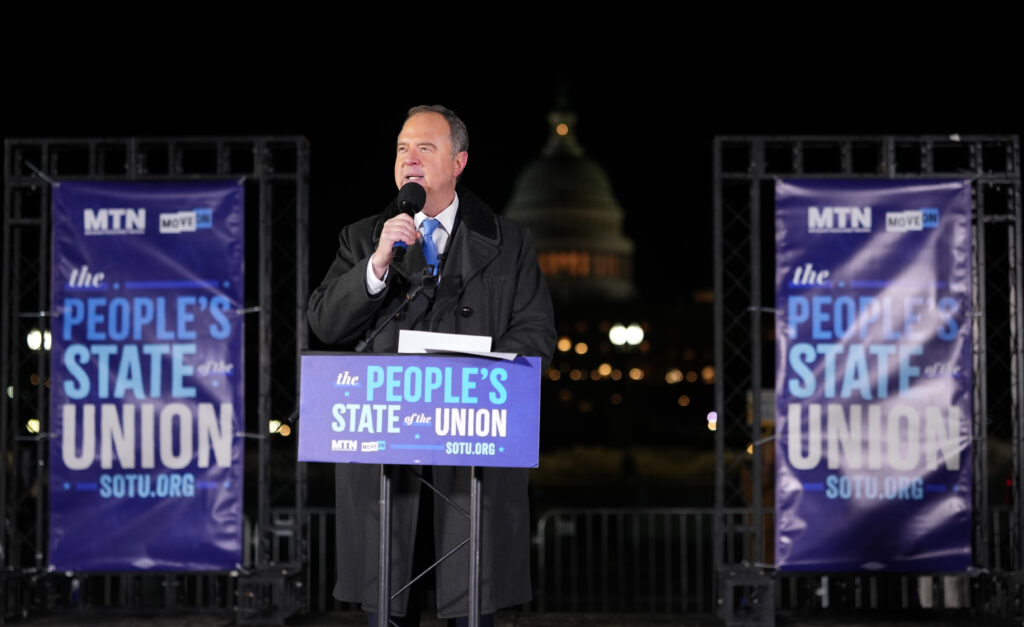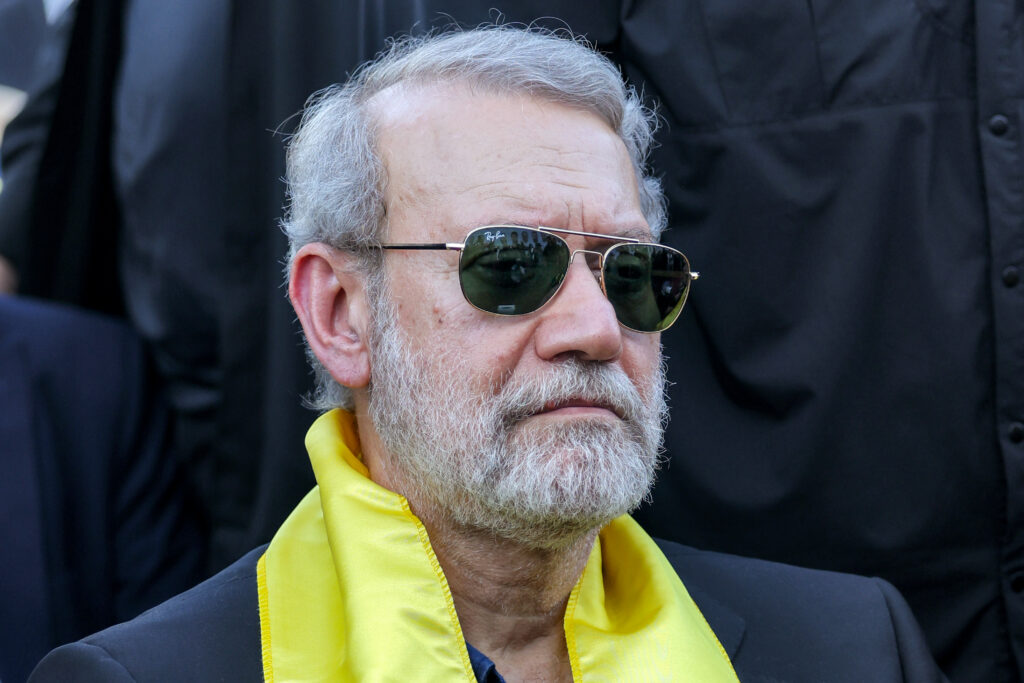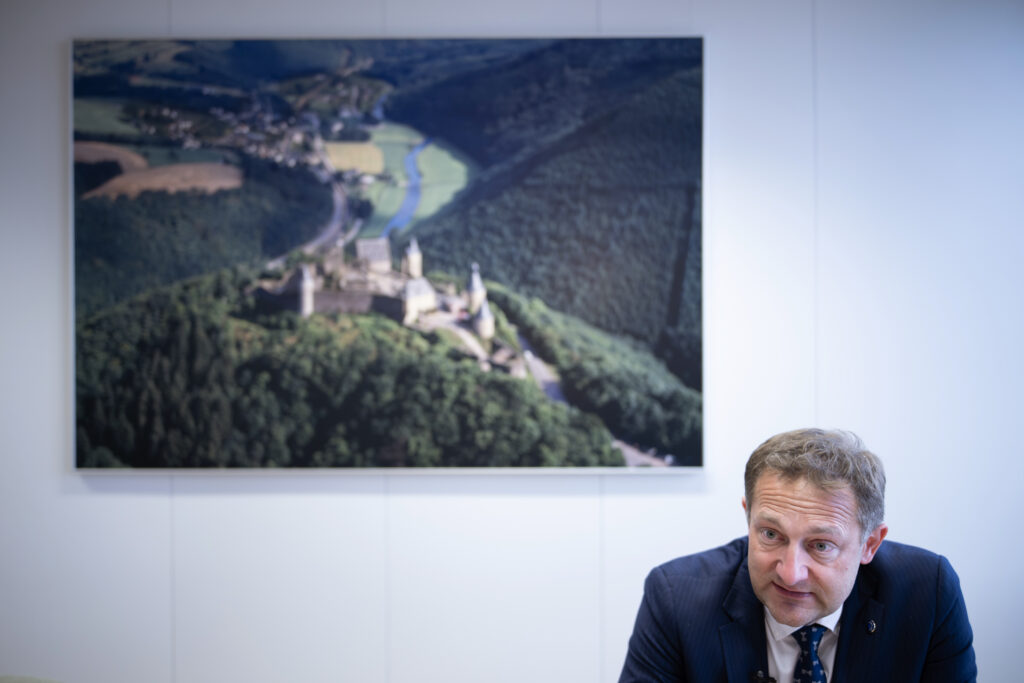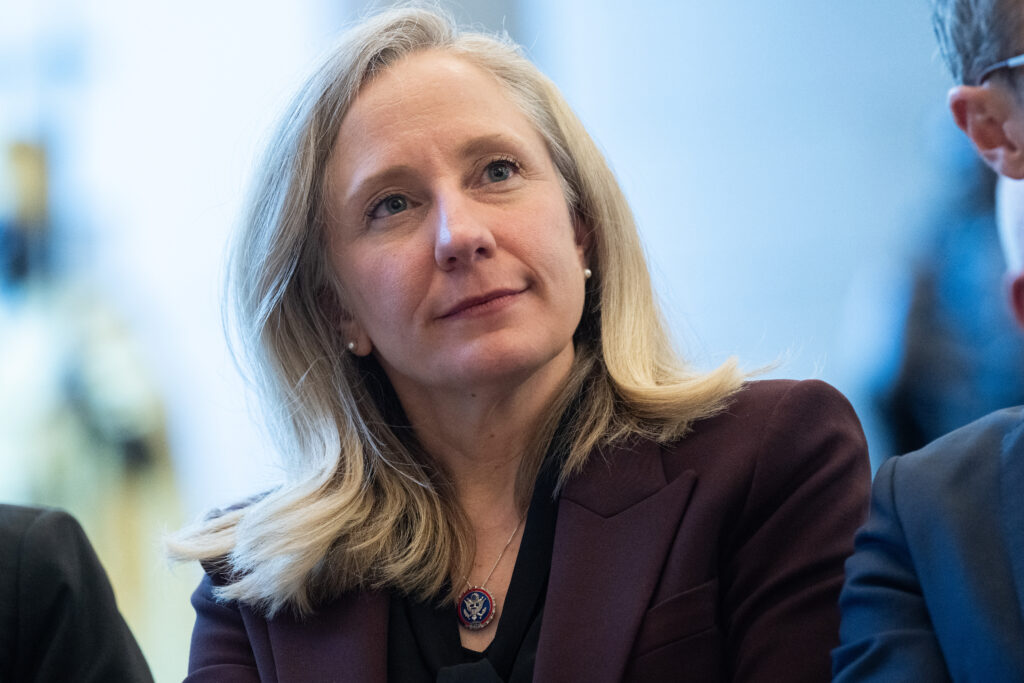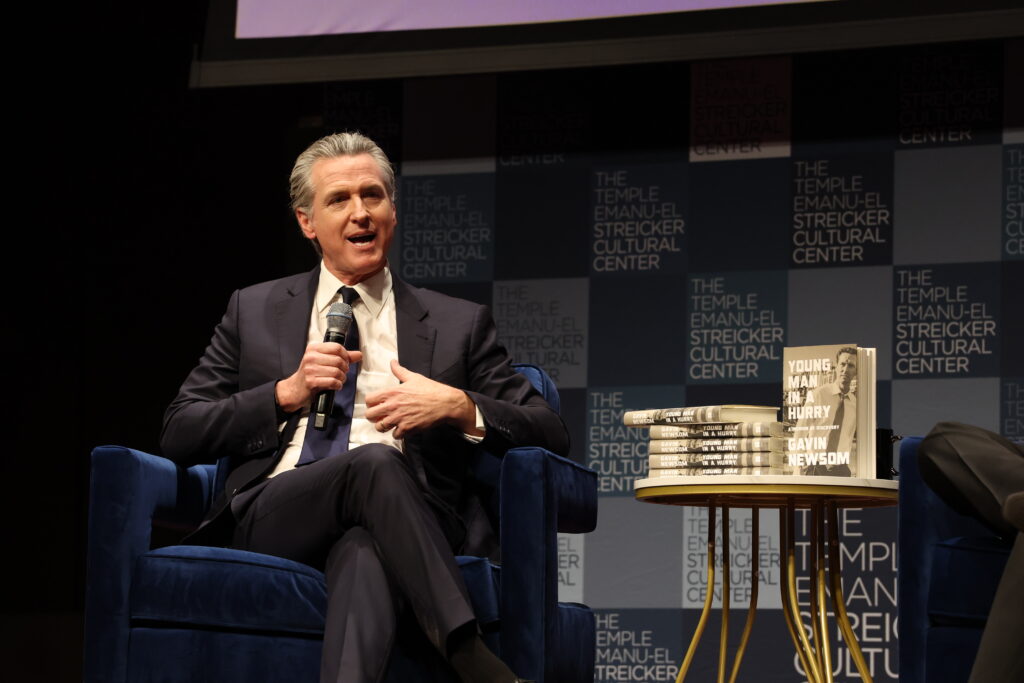Merz plaide pour une relation plus “juste” avec la Chine
Le chancelier Friedrich Merz a plaidé mercredi pour une coopération renforcée mais plus “juste” avec la Chine, au premier jour d’une visite chez le principal partenaire commercial de l’Allemagne, de plus en plus perçu dans son pays comme un dangereux concurrent pour le “Made in Germany”.M. Merz, arrivé à la tête d’une importante délégation de chefs d’entreprise, a appelé de ses voeux, au cours de ses entretiens avec le Premier ministre Li Qiang puis le président Xi Jinping, une discussion ouverte sur les sujets de désaccord cités avant son voyage.Ils sont multiples : déséquilibre croissant des échanges en faveur de la Chine, distorsion de concurrence, restrictions d’accès aux marchés et sécurité des approvisionnements en terres rares sur lesquelles la Chine a la haute main, subventions de l’Etat aux entreprises chinoises, taux de change de la monnaie chinoise…”Il y a des défis”, mais “le cadre dans lequel nous évoluons est remarquablement bon”, a assuré M. Merz à l’occasion de ses entretiens avec le président Xi. M. Xi, qui reçoit les dirigeants étrangers les uns après les autres depuis quelques mois, a aussi affirmé son souhait de “nouvelles avancées” dans la relation.”Plus le monde est troublé et compliqué, plus il est important que la Chine et l’Allemagne renforcent leur communication stratégique”, a-t-il souligné.- “Incontournable” -M. Merz effectue pendant un peu moins de deux jours sa première visite en Chine depuis sa prise de fonctions en 2025. Après les dirigeants français, canadien ou britannique, il est le dernier en date à effectuer le déplacement de Pékin, à un moment où le président américain Donald Trump bouscule l’ordre établi, à coups de droits de douane et de remise en question des anciennes alliances.”La Chine est devenue incontournable pour tout le monde”, a dit M. Merz avant son départ mardi.Une source gouvernementale allemande a minimisé les espoirs d’annonces spectaculaires. Elle a souligné qu’il s’agissait d’un premier séjour pour le chancelier et qu’il ne s’agissait pas de “donner l’impression que nous entrons dans un nouveau printemps des relations germano‑chinoises”.Mais elle a assuré que la délégation avait reçu “quelques engagements” jugés sérieux et elle a fait miroiter “des choses tangibles” de la part de la Chine “dans un avenir proche”.Devant ses interlocuteurs, le président Xi présente invariablement son pays comme un partenaire fiable et constant et un champion du multilatéralisme et du libre-échange avec lequel leur pays a tout intérêt à traiter. La Chine a elle-même livré une âpre bataille commerciale et diplomatique aux Etats-Unis sous Donald Trump, qui est annoncé à Pékin fin mars.La première économie européenne, très dépendante des exportations, a subi ces derniers mois les effets de ces tensions globales. Elle pâtit aussi de la pression grandissante de la concurrence chinoise : en Chine même, où l’industrie allemande écoule de longue date sa production, mais aussi ailleurs dans le monde, jusqu’en Allemagne, y compris dans les secteurs de l’automobile et de la haute technologie.- Véhicules autonomes -Comme ses partenaires de l’Union européenne, l’Allemagne s’alarme de la poussée des véhicules électriques chinois et du déversement en Europe des excédents de production chinois.”Nous avons des préoccupations très précises en ce qui concerne notre coopération, que nous souhaitons améliorer et rendre plus juste”, a dit M. Merz au Premier ministre chinois.M. Merz entend poursuivre avec la Chine une politique de diminution des risques et des dépendances sans pour autant rechercher un “découplage” qui se retournerait contre l’Allemagne.Les entrepreneurs qui l’accompagnent, comme les patrons de Volkswagen, BMW et Mercedes, entendent “saisir les nouvelles opportunités offertes par nos relations économiques”, a-t-il dit.M. Merz assistera jeudi à la présentation de véhicules autonomes par le constructeur Mercedes. Il se rendra ensuite à Hangzhou, pôle technologique, pour visiter le groupe de robotique Unitree et l’énergéticien Siemens Energy.M. Merz avait dit avant son départ vouloir évoquer la guerre en Ukraine, en comptant sur les bonnes relations de Pékin avec Moscou.Le président Xi lui a cependant opposé la position de principe de son pays préconisant le “dialogue et la négociation” en prenant en compte “les inquiétudes légitimes de toutes les parties”, a rapporté l’agence Chine nouvelle.
